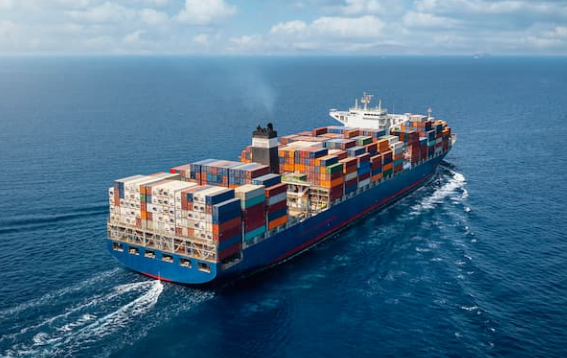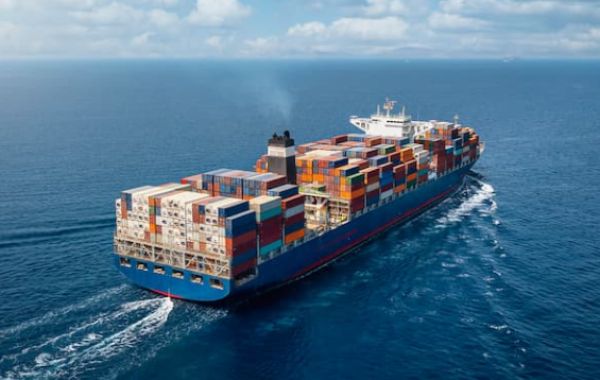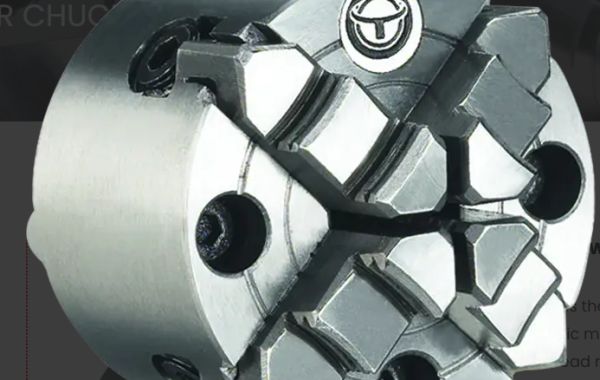Selecting the right marine starter for your vessel is crucial in ensuring reliable engine performance in various conditions. Here's a guide to help you choose the right marine starter based on key factors.

Engine Type and Size
Small Engines: For smaller engines, such as those used in boats or small yachts, electric starters are often sufficient. They provide enough torque to easily crank the engine.
Large Engines: For larger marine engines, such as those found in ships or industrial vessels, spring starter, air starter or hydraulic starter may be more suitable due to their high torque capabilities.
Power Source Availability
Electric Starter: If you have a reliable power supply (batteries) on board, an electric starter is typically the most convenient and widely used option.
Spring, Air or Hydraulic Starter: For vessels where batteries may not be practical, or for redundancy, spring, air and hydraulic starters provide alternatives that don’t depend on electricity. Spring starters like Cqstart, in particular, are great for large engines.
Operating Environment
Hard Conditions: For extreme conditions like high salinity, cold weather, or offshore platforms, a spring starter might be the best choice. It doesn’t require electricity, air, or hydraulic power and is designed to operate reliably in harsh and wet environments.
Wet or Hazardous Areas: If your vessel operates in environments prone to moisture, salt, or high humidity, you'll want a starter that is resistant to corrosion and electrical issues. In such cases, air, hydraulic, or spring starters are often better options than electric ones.
Backup or Emergency Starting
It is recommended to have an emergency starter for critical operations, where engine reliability is crucial. Mechanical spring starters, such as the Cqstart spring starter, provide a manual backup option that can start the engine without external power sources, ensuring the engine can still run in an emergency.
Maintenance and Durability
If you're looking for a low-maintenance solution, mechanical starters such as spring or hydraulic starters typically have fewer components that need attention. Electric starters may need battery maintenance, while air starters may need attention to the air compressor and tanks.
Cost-Effectiveness
Electric Starters: Typically more affordable upfront, but require ongoing maintenance for batteries.
Air and Hydraulic Starters: Higher initial costs due to the need for additional systems like air compressors and tanks.
Spring Starters: Cost-effective long-term, as they require minimal maintenance and no external power sources, making them ideal for situations where budget constraints and reliability are a priority.
Final Thougths
When choosing the right marine starter, consider the engine type, power availability, operating environment, and whether an emergency backup is necessary. For vessels operating in challenging conditions or remote areas, a spring starter like the Cqstart mechanical spring starter offers unparalleled reliability and peace of mind. Evaluate your engine's requirements and the environment to make the best decision for your needs.








